
SCARS Institute’s Encyclopedia of Scams™ Published Continuously for 25 Years

Cognition and Trauma – The Impact Of Relationship Scams
Helping Scam Victims Understand How Traumatic Experiences Can Affect and Alter Cognition
Scam Victim Trauma – A SCARS Insight
Author:
• Tim McGuinness, Ph.D., DFin, MCPO, MAnth – Anthropologist, Scientist, Director of the Society of Citizens Against Relationship Scams Inc.
Originally Published: 2020 – Article Updated: 2024
Article Abstract
Traumatic experiences, such as those resulting from scams, can significantly alter the cognition of victims. Trauma challenges core life assumptions, making individuals feel more vulnerable and altering their perception of safety and trust.
Scam victims may experience cognitive errors, such as misinterpreting benign situations as dangerous due to past trauma. They might also feel excessive guilt or survivor’s guilt, especially if they perceive themselves as less harmed than others. Idealization of the scammer and trauma-induced hallucinations or delusions can also occur. Victims often develop intrusive thoughts and memories, leading to strong emotional reactions.
The psychological impact includes confusion between past and present, obsessive behavior against scams, and a manic need to act against scammers. SCARS recommends local trauma counseling for all relationship scam victims to address these cognitive distortions and emotional challenges, emphasizing that ignoring the need for counseling can lead to long-term emotional health issues.

Cognitions and Trauma – The Psychology of Scams
Traumatic Experiences can affect and alter the Cognition of Scam Victims
From the outset, trauma challenges the just-world or core life assumptions that help individuals navigate daily life. For example, it would be difficult to leave the house in the morning if you believed that the world was not safe, that all people are dangerous, or that life holds no promise. The belief that one’s efforts and intentions can protect oneself from bad things makes it less likely for an individual to perceive personal vulnerability. However, traumatic events—particularly if they are unexpected—can challenge such beliefs.
The following examples reflect some of the types of cognitive or thought-process changes that can occur in response to traumatic stress – such as from a romance scam.
Cognitive Errors:
Misinterpreting a current situation as dangerous because it resembles, even remotely, a previous trauma (e.g., overreacting to an overturned canoe in 8 inches of water, as if she and her paddle companion would drown, due to her previous experience of nearly drowning in a rip current 5 years earlier).
In the case of relationship scams, this can be overreacting to another’s concern because the scammer was also very attentive. Or jumping to a conclusion and calling other scammers because of an emotional reaction.
Excessive Or Inappropriate Guilt:
Attempting to make sense cognitively and gain control over a traumatic experience by assuming responsibility or possessing survivor’s guilt, because others who experienced the same trauma did not survive it.
Guilt can also come from not being as badly harmed in a lasting relationship scam – meaning not as financially damaged as others. Or the case where the victim feels that they have been much more traumatized than others.
Idealization:
Demonstrating inaccurate rationalizations, idealizations, or justifications of the perpetrator’s behavior, particularly if the perpetrator is or was a caregiver. Other similar reactions mirror idealization; traumatic bonding is an emotional attachment that develops (in part to secure survival) between perpetrators who engage in interpersonal trauma and their victims, and Stockholm syndrome involves compassion and loyalty toward hostage-takers.
This manifests in scam victims because they develop an emotional relationship with the scammer. Many victims express anger and hate towards the scammer in conversation with others but still have a lingering affection for the scammer long after the scam ends.
Trauma-Induced Hallucinations Or Delusions:
Experiencing hallucinations and delusions that, although they are biological in origin, contain cognitions that are congruent with trauma content (e.g., a woman believes that a person stepping onto her bus is her father, who had sexually abused her repeatedly as a child because he wore shoes similar to those her father once wore).
This actually happens to scam victims too, where they see a person that looks similar to the stolen face impersonated by the scammer. This can resolve in feelings of longing or the opposite of fear or terror. Some victims report “hearing” words said by the scammer after the scam ends.
It is very common for traumatized scam victims to feel a manic need to act against scams. It becomes a compulsion. They create amateur anti-scam groups and focus themselves and others on the hate for scammers. All the while increasing their own trauma without being aware.
Intrusive Thoughts And Memories:
Experiencing, without warning or desire, thoughts, and memories associated with the trauma.
These intrusive thoughts and memories can easily trigger strong emotional and behavioral reactions as if the trauma was recurring in the present. The intrusive thoughts and memories can come rapidly, referred to as flooding, and can be disruptive at the time of their occurrence. If an individual experiences a trigger, he or she may have an increase in intrusive thoughts and memories for a while.
For instance, individuals who inadvertently are retraumatized due to participation in anti-scam activities may have a surge of intrusive thoughts of the past trauma, thus making it difficult for them to discern what is happening now versus what happened then.
Whenever counseling or support focuses on trauma, it is likely that the client will experience some intrusive thoughts and memories too. It is important to develop coping strategies before, as much as possible, and during the delivery of trauma-informed support and trauma-specific treatment.
SCARS Recommends Local Trauma Counseling For All Relationship Scam Victims:
Regardless of your self-awareness, or perceived state, trauma is a ticking timebomb. A scam victim may think they are just fine, but months or years later it will have a significant impact on your emotional health and future relationship.
The failure of a scam victim to get counseling is not a sign of strength but of denial. Trauma counseling is not hard to find, though most counselors are not fully aware of this type of crime.
However, if they are a certified trauma counselor then they can focus on the impact and ignore the scam details – since those are not as important as the damage it caused. In fact, a victim who insists on talking about the details of a scam, such as a scammer’s dialog, promises, or negligence is exhibiting typical signs of trauma that should be addressed through counseling. Inappropriate focus is a clear sign of trauma and the need for real care.
Find trauma counseling or therapy here: counseling.AgainstScams.org
Psychology Disclaimer:
All articles about psychology and the human brain on this website are for information & education only
The information provided in this article is intended for educational and self-help purposes only and should not be construed as a substitute for professional therapy or counseling.
While any self-help techniques outlined herein may be beneficial for scam victims seeking to recover from their experience and move towards recovery, it is important to consult with a qualified mental health professional before initiating any course of action. Each individual’s experience and needs are unique, and what works for one person may not be suitable for another.
Additionally, any approach may not be appropriate for individuals with certain pre-existing mental health conditions or trauma histories. It is advisable to seek guidance from a licensed therapist or counselor who can provide personalized support, guidance, and treatment tailored to your specific needs.
If you are experiencing significant distress or emotional difficulties related to a scam or other traumatic event, please consult your doctor or mental health provider for appropriate care and support.
Also read our SCARS Institute Statement about Professional Care for Scam Victims – click here to go to our ScamsNOW.com website.
If you are in crisis, feeling desperate, or in despair please call 988 or your local crisis hotline.
Statement About Victim Blaming
SCARS Institute articles examine different aspects of the scam victim experience, as well as those who may have been secondary victims. This work focuses on understanding victimization through the science of victimology, including common psychological and behavioral responses. The purpose is to help victims and survivors understand why these crimes occurred, reduce shame and self-blame, strengthen recovery programs and victim opportunities, and lower the risk of future victimization.
At times, these discussions may sound uncomfortable, overwhelming, or may be mistaken for blame. They are not. Scam victims are never blamed. Our goal is to explain the mechanisms of deception and the human responses that scammers exploit, and the processes that occur after the scam ends, so victims can better understand what happened to them and why it felt convincing at the time, and what the path looks like going forward.
Articles that address the psychology, neurology, physiology, and other characteristics of scams and the victim experience recognize that all people share cognitive and emotional traits that can be manipulated under the right conditions. These characteristics are not flaws. They are normal human functions that criminals deliberately exploit. Victims typically have little awareness of these mechanisms while a scam is unfolding and a very limited ability to control them. Awareness often comes only after the harm has occurred.
By explaining these processes, these articles help victims make sense of their experiences, understand common post-scam reactions, and identify ways to protect themselves moving forward. This knowledge supports recovery by replacing confusion and self-blame with clarity, context, and self-compassion.
Additional educational material on these topics is available at ScamPsychology.org – ScamsNOW.com and other SCARS Institute websites.
-/ 30 /-
What do you think about this?
Please share your thoughts in a comment below!
Table of Contents
- Helping Scam Victims Understand How Traumatic Experiences Can Affect and Alter Cognition
- Article Abstract
- Cognitions and Trauma – The Psychology of Scams
- Traumatic Experiences can affect and alter the Cognition of Scam Victims
- Cognitive Errors:
- Excessive Or Inappropriate Guilt:
- Idealization:
- Trauma-Induced Hallucinations Or Delusions:
- Intrusive Thoughts And Memories:
- SCARS Recommends Local Trauma Counseling For All Relationship Scam Victims:
LEAVE A COMMENT?
Thank you for your comment. You may receive an email to follow up. We never share your data with marketers.
Recent Comments
On Other Articles
- on Love Bombing And How Romance Scam Victims Are Forced To Feel: “I was love bombed to the point that I would do just about anything for the scammer(s). I was told…” Feb 11, 14:24
- on Dani Daniels (Kira Lee Orsag): Another Scammer’s Favorite: “You provide a valuable service! I wish more people knew about it!” Feb 10, 15:05
- on Danielle Delaunay/Danielle Genevieve – Stolen Identity/Stolen Photos – Impersonation Victim UPDATED 2024: “We highly recommend that you simply turn away form the scam and scammers, and focus on the development of a…” Feb 4, 19:47
- on The Art Of Deception: The Fundamental Principals Of Successful Deceptions – 2024: “I experienced many of the deceptive tactics that romance scammers use. I was told various stories of hardship and why…” Feb 4, 15:27
- on Danielle Delaunay/Danielle Genevieve – Stolen Identity/Stolen Photos – Impersonation Victim UPDATED 2024: “Yes, I’m in that exact situation also. “Danielle” has seriously scammed me for 3 years now. “She” (he) doesn’t know…” Feb 4, 14:58
- on An Essay on Justice and Money Recovery – 2026: “you are so right I accidentally clicked on online justice I signed an agreement for 12k upfront but cd only…” Feb 3, 08:16
- on The SCARS Institute Top 50 Celebrity Impersonation Scams – 2025: “Quora has had visits from scammers pretending to be Keanu Reeves and Paul McCartney in 2025 and 2026.” Jan 27, 17:45
- on Scam Victims Should Limit Their Exposure To Scam News & Scammer Photos: “I used to look at scammers photos all the time; however, I don’t feel the need to do it anymore.…” Jan 26, 23:19
- on After A Scam, No One Can Tell You How You Will React: “This article was very informative, my scams happened 5 years ago; however, l do remember several of those emotions and/or…” Jan 23, 17:17
- on Situational Awareness and How Trauma Makes Scam Victims Less Safe – 2024: “I need to be more observant and I am practicing situational awareness. I’m saving this article to remind me of…” Jan 21, 22:55
ARTICLE META
Important Information for New Scam Victims
- Please visit www.ScamVictimsSupport.org – a SCARS Website for New Scam Victims & Sextortion Victims
- Enroll in FREE SCARS Scam Survivor’s School now at www.SCARSeducation.org
- Please visit www.ScamPsychology.org – to more fully understand the psychological concepts involved in scams and scam victim recovery
If you are looking for local trauma counselors please visit counseling.AgainstScams.org or join SCARS for our counseling/therapy benefit: membership.AgainstScams.org
If you need to speak with someone now, you can dial 988 or find phone numbers for crisis hotlines all around the world here: www.opencounseling.com/suicide-hotlines
A Note About Labeling!
We often use the term ‘scam victim’ in our articles, but this is a convenience to help those searching for information in search engines like Google. It is just a convenience and has no deeper meaning. If you have come through such an experience, YOU are a Survivor! It was not your fault. You are not alone! Axios!
A Question of Trust
At the SCARS Institute, we invite you to do your own research on the topics we speak about and publish, Our team investigates the subject being discussed, especially when it comes to understanding the scam victims-survivors experience. You can do Google searches but in many cases, you will have to wade through scientific papers and studies. However, remember that biases and perspectives matter and influence the outcome. Regardless, we encourage you to explore these topics as thoroughly as you can for your own awareness.
Statement About Victim Blaming
SCARS Institute articles examine different aspects of the scam victim experience, as well as those who may have been secondary victims. This work focuses on understanding victimization through the science of victimology, including common psychological and behavioral responses. The purpose is to help victims and survivors understand why these crimes occurred, reduce shame and self-blame, strengthen recovery programs and victim opportunities, and lower the risk of future victimization.
At times, these discussions may sound uncomfortable, overwhelming, or may be mistaken for blame. They are not. Scam victims are never blamed. Our goal is to explain the mechanisms of deception and the human responses that scammers exploit, and the processes that occur after the scam ends, so victims can better understand what happened to them and why it felt convincing at the time, and what the path looks like going forward.
Articles that address the psychology, neurology, physiology, and other characteristics of scams and the victim experience recognize that all people share cognitive and emotional traits that can be manipulated under the right conditions. These characteristics are not flaws. They are normal human functions that criminals deliberately exploit. Victims typically have little awareness of these mechanisms while a scam is unfolding and a very limited ability to control them. Awareness often comes only after the harm has occurred.
By explaining these processes, these articles help victims make sense of their experiences, understand common post-scam reactions, and identify ways to protect themselves moving forward. This knowledge supports recovery by replacing confusion and self-blame with clarity, context, and self-compassion.
Additional educational material on these topics is available at ScamPsychology.org – ScamsNOW.com and other SCARS Institute websites.
Psychology Disclaimer:
All articles about psychology and the human brain on this website are for information & education only
The information provided in this article is intended for educational and self-help purposes only and should not be construed as a substitute for professional therapy or counseling.
While any self-help techniques outlined herein may be beneficial for scam victims seeking to recover from their experience and move towards recovery, it is important to consult with a qualified mental health professional before initiating any course of action. Each individual’s experience and needs are unique, and what works for one person may not be suitable for another.
Additionally, any approach may not be appropriate for individuals with certain pre-existing mental health conditions or trauma histories. It is advisable to seek guidance from a licensed therapist or counselor who can provide personalized support, guidance, and treatment tailored to your specific needs.
If you are experiencing significant distress or emotional difficulties related to a scam or other traumatic event, please consult your doctor or mental health provider for appropriate care and support.
Also read our SCARS Institute Statement about Professional Care for Scam Victims – click here to go to our ScamsNOW.com website.


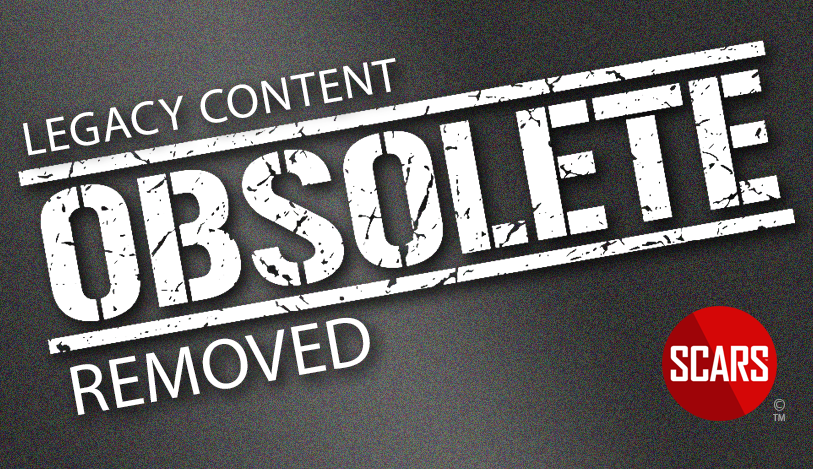
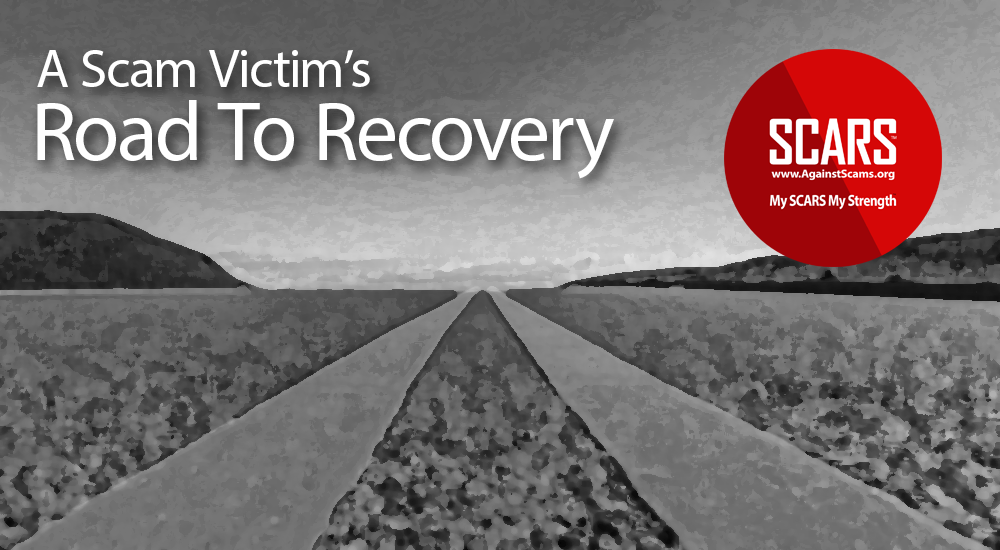
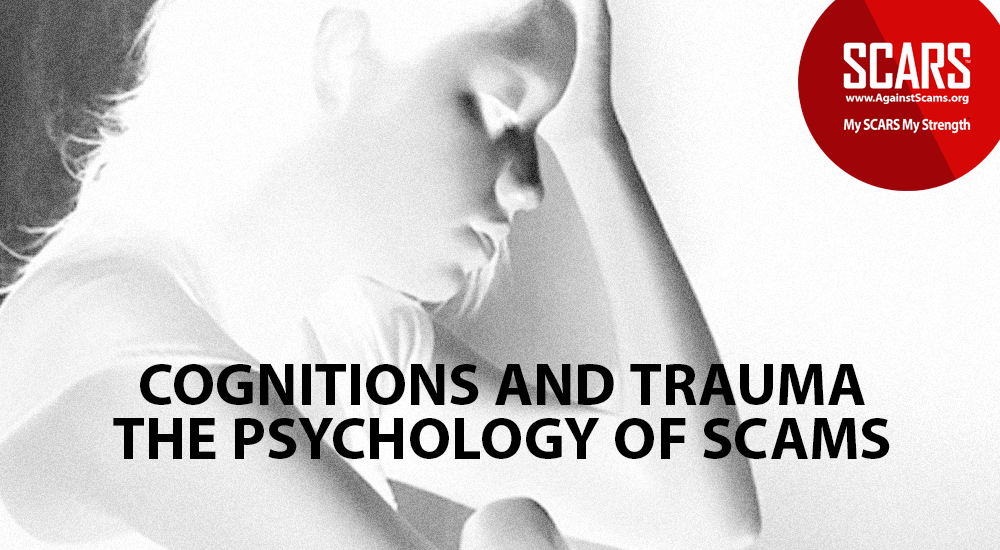

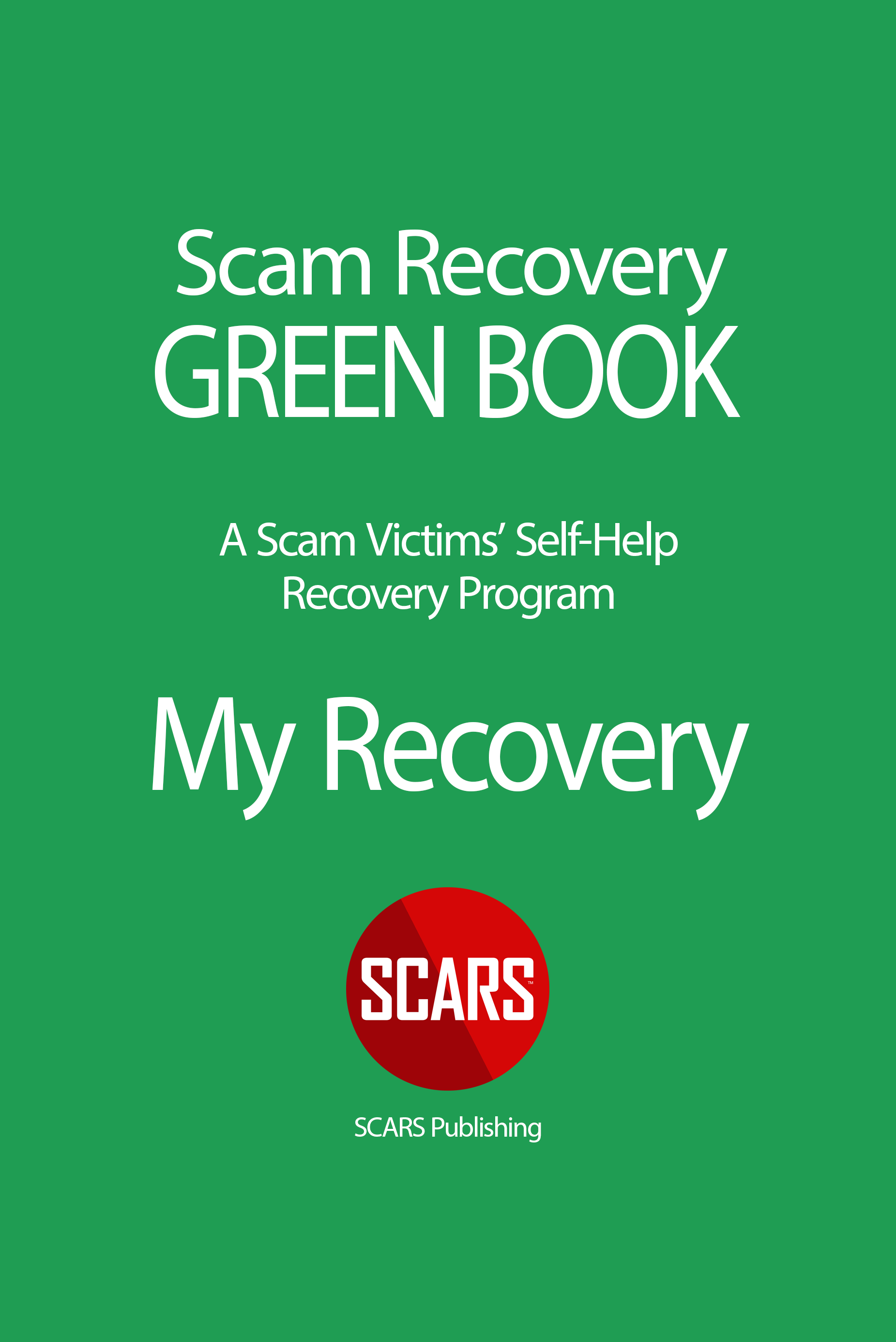
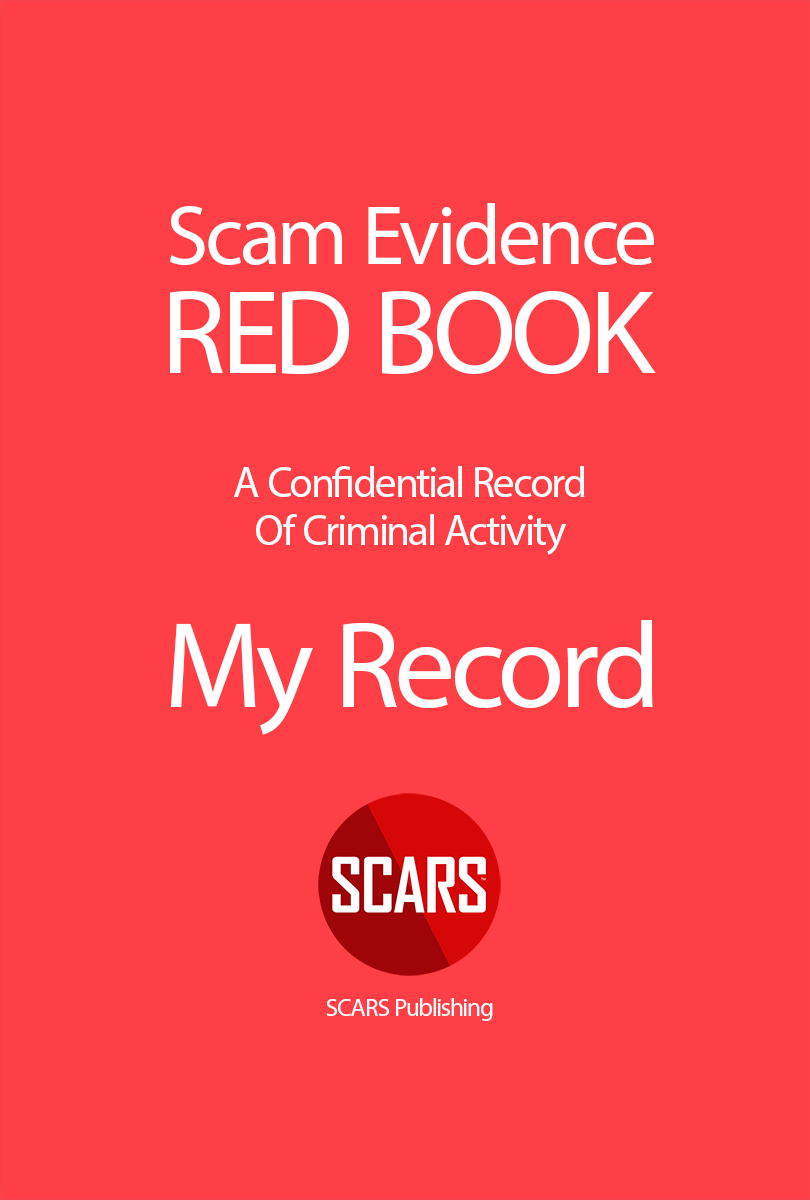
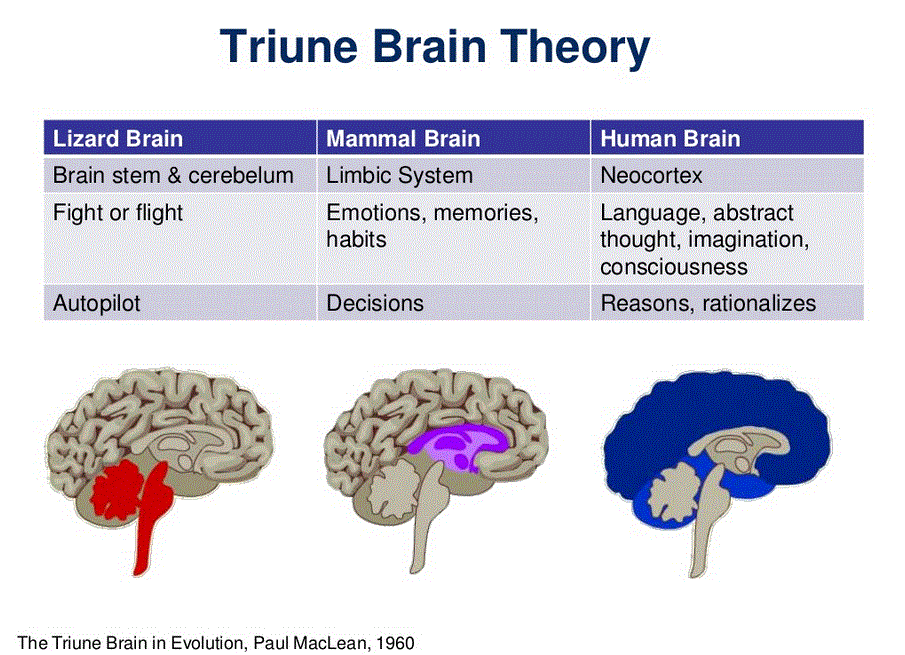
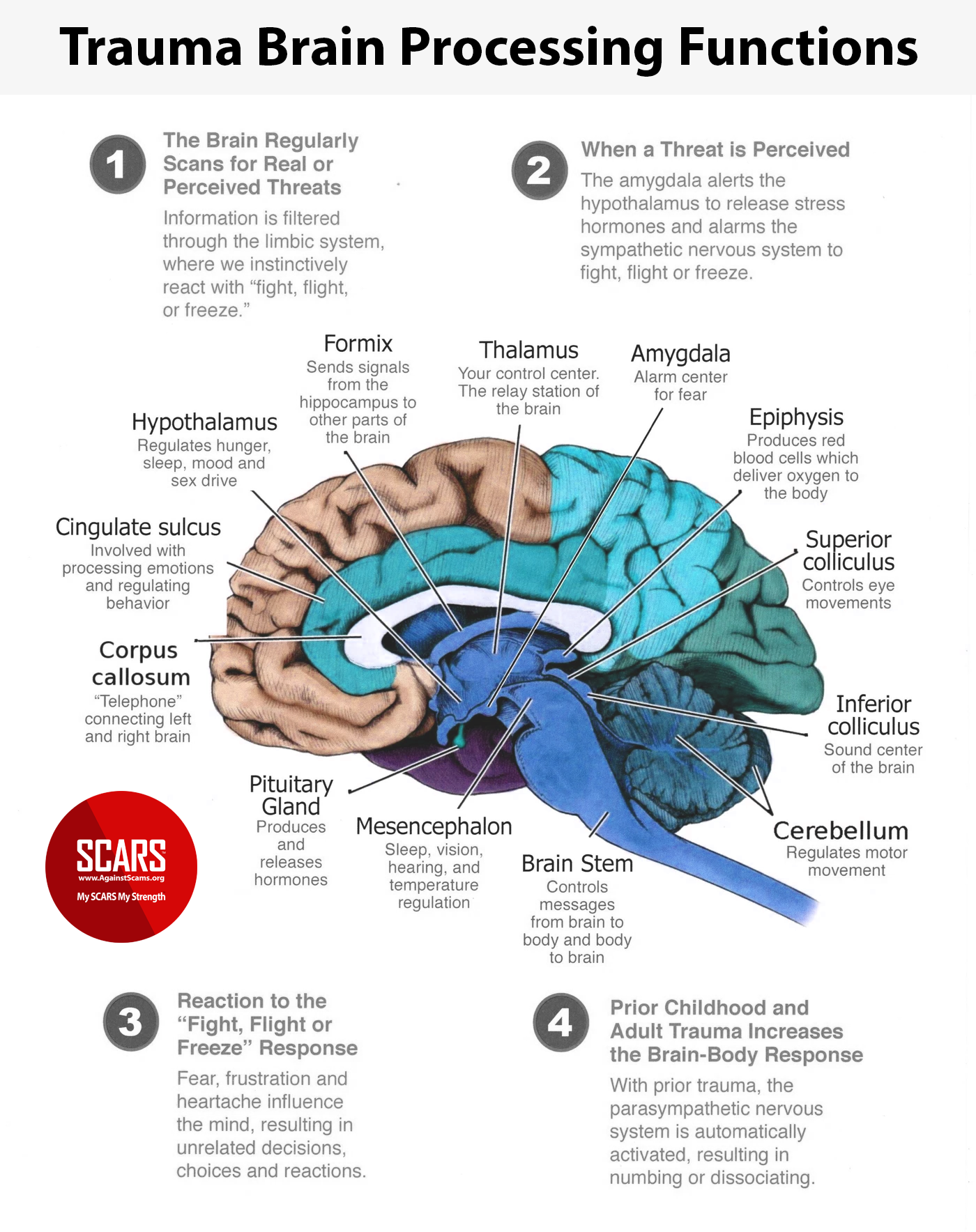


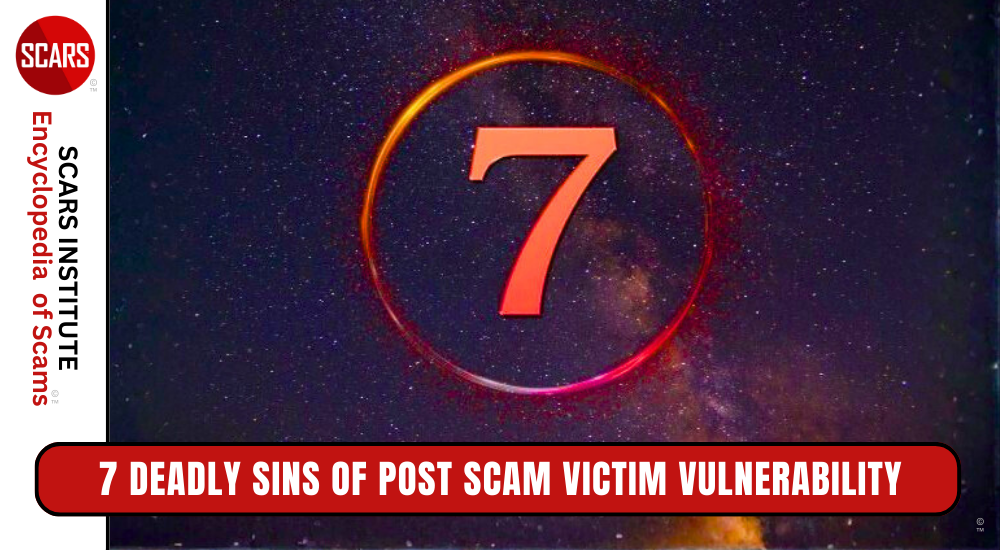
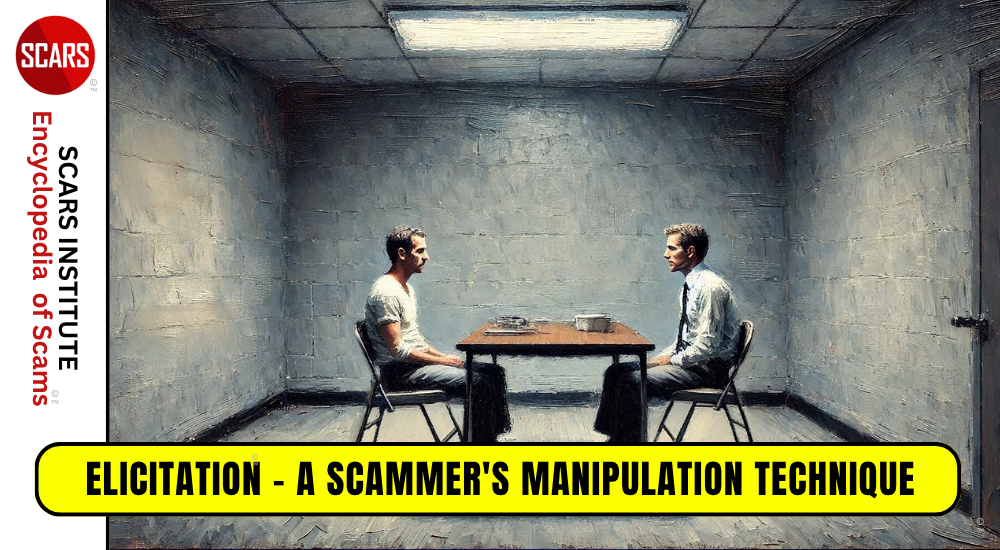
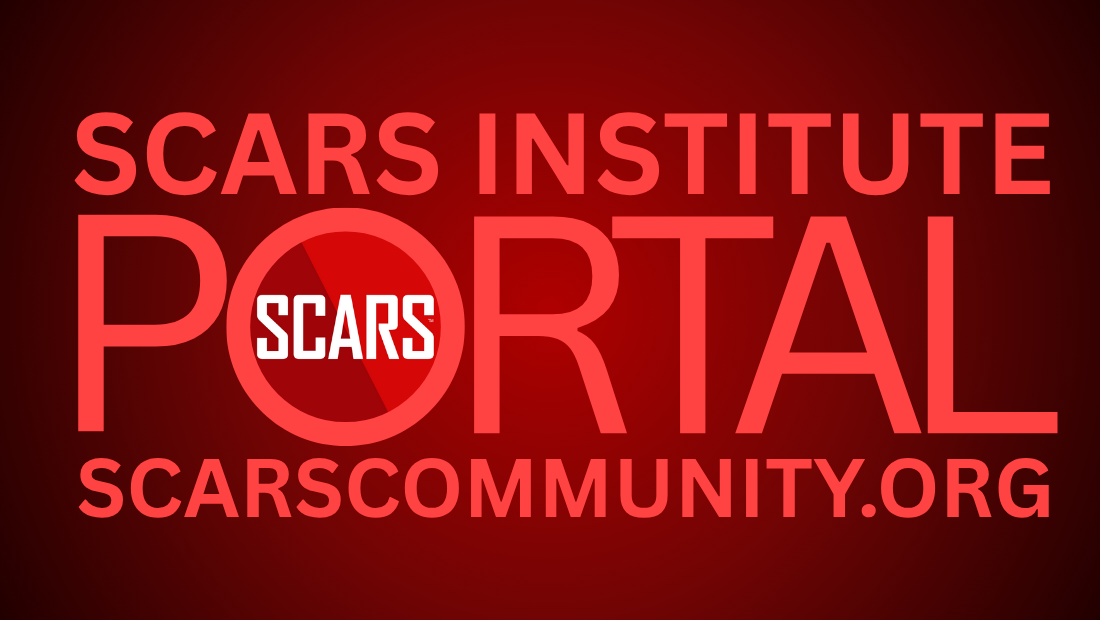
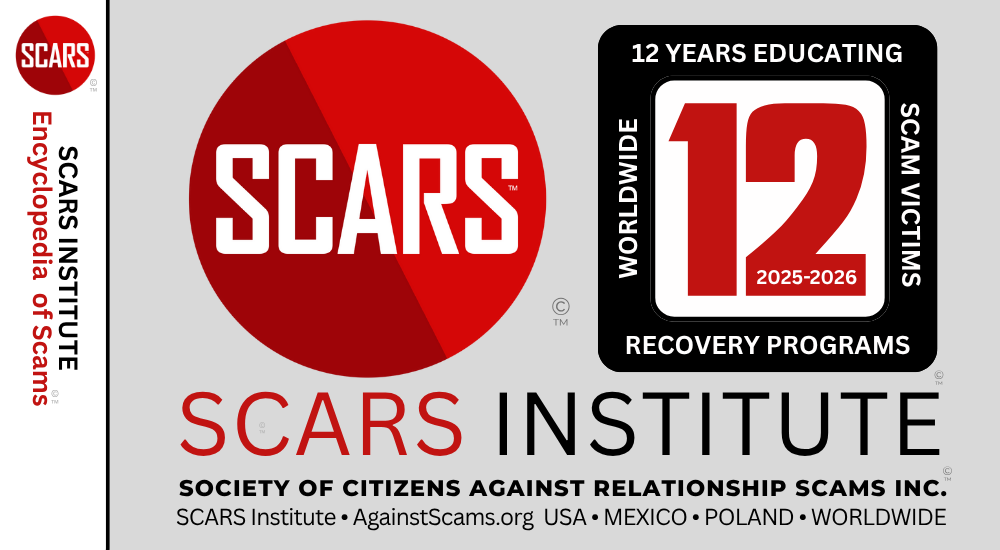




This is a great article that assures me I’m not crazy and that what I went through, and still struggle with – to a lesser degree, are normal for the type of trauma I’m dealing with. The guilt, self-blame and betrayal I felt were severe. I couldn’t reconcile how I let this happen. I now understand I had no control and was completely manipulated and controlled, thanks to SCARS.
As I continue to heal, the guilt is gone, I realize it was not my fault, and I am no longer isolating myself from the rest of the world.
Great article! The areas I most identify with are: excessive or inappropriate guilt. It is not as much as a month or so ago but still sometimes comes up. Mostly in the area of finances, mine and the ones together with my husband. Feeling bad because we have to make the decision to put off a project or purchase.
The other area is intrusive thoughts and memories. It is still so hard for me to get a grasp that someone would intentionally cause harm to another especially messing around in their mind — and for money no less! It is disturbing. But I am rationalizing this concept with my own code of ethics. That is what makes it so hard for me. But the memories and thoughts intrude and cause sadness. That these people use something like love something that is so necessary and use it to move a person around like a chess piece on the board. I don’t feel hate. I have no way to identify the criminals in my crime so I can only hope that someday they are arrested. Without an identity it could be anyone; therefore hate is useless.
I realize I’m not 100% so I try to be careful with what I say and do these days.